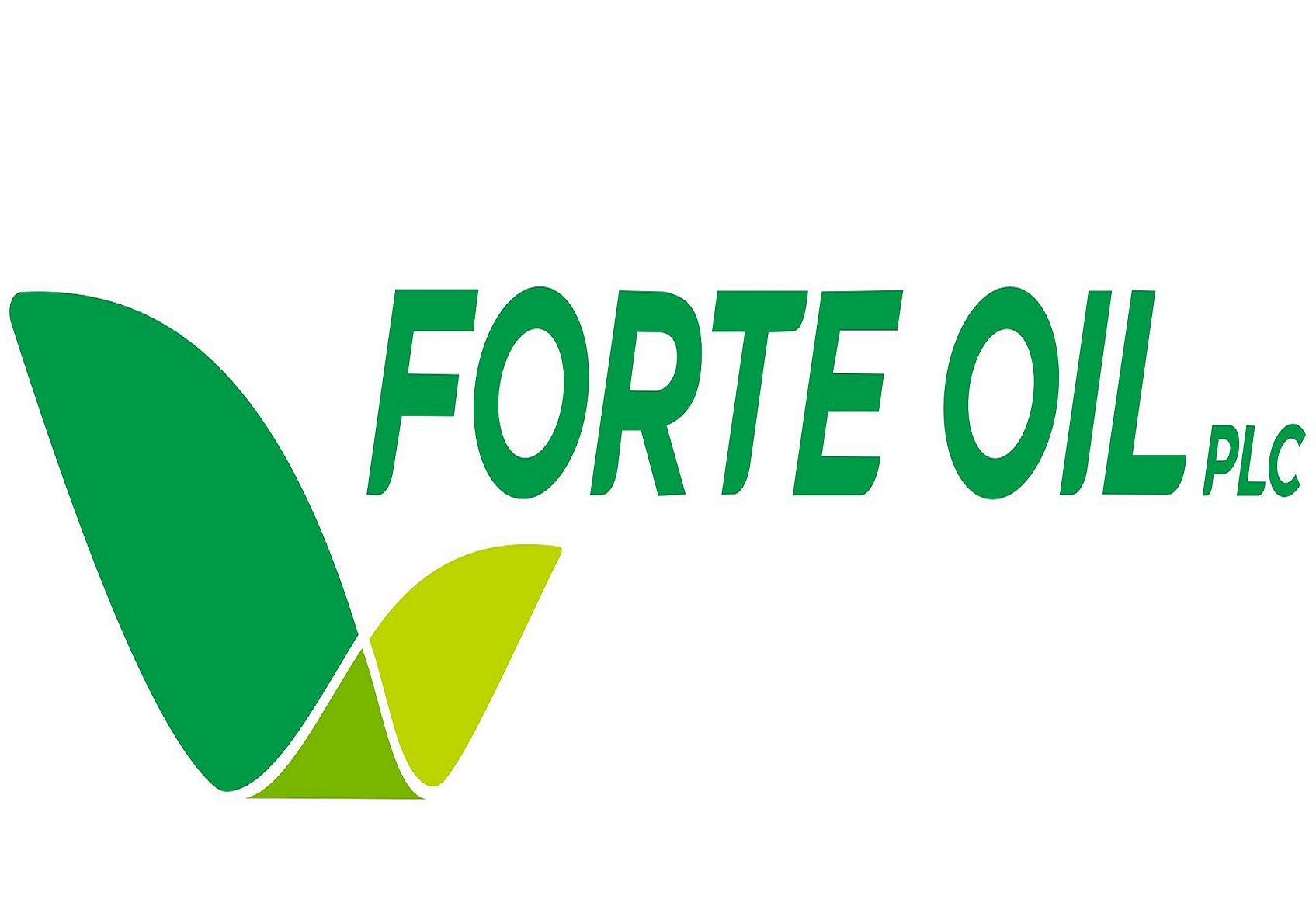- Forte Oil, MRS, 222 Others Bid for Crude Lifting Contracts
Forte Oil, MRS Oil, British Petroleum Oil International, Glencore Energy Services Limited and 220 other foreign and local oil companies on Thursday in Abuja submitted bids for the sale and purchase of Nigeria’s crude oil grades.
This is coming as the Nigerian National Petroleum Corporation stated that the country’s crude oil grades had continued to earn premiums as most of them were being refined in India and Europe, contrary to claims that the nation was finding it tough to sell its crude.
Some of Nigeria’s crude grades are Bonny Light, Qua Iboe, Brass River and Forcados.
Speaking on the sidelines of the bid opening ceremony for the sale and purchase of the crude oil grades, the Group Managing Director, NNPC, Dr. Maikanti Baru, stated that the 224 companies had indicated interest to trade about 700,000 barrels per day of various grades of Nigeria’s crude for the 2016/2017 fiscal year.
He noted that the number of bidders dropped from 278 companies in 2015/2016 to 224 currently, adding that this was due to the strengthening of the criteria for the prospecting companies, as the tender process would be concluded by February next year.
Baru said, “There have been those speculations that we are struggling for market. That is not true. Nigeria’s crude grades have continued to earn premiums and they are hot cakes all over for refiners. Because of the light nature of the crude, it induces very high yields on the valuable products that you produce from our crude oil. Nigeria’s crude grades continue to maintain market.
“In fact, contrary to a lot of speculation that a lot of Nigeria’s crude goes to China, they do not. Most of them are consumed and refined in India and Europe, particularly, last year and this year, most of Nigeria’s crude end up in European refineries.”
On the volume to be traded by the bidders, the NNPC boss stated that about 600,000 barrels were expected from Joint Venture operations, while about 100,000 barrels would come from Production Sharing Contracts in terms of royalty and various tax oils.
According to him, refiners and big crude oil lifters will be given priority in the process, which he noted would be concluded in February 2017.
He said the significance of the bid opening was that it marked the beginning of the 2016/2017 term contract tender for the country’s crude oil grades under the NNPC on behalf of the Federal Government and people of Nigeria.
Baru said, “When we sell this crude, the money goes straight to the Central Bank of Nigeria’s accounts on behalf of the federation. The NNPC does not operate any of those accounts. The best input that comes to the NNPC is confirmation that the money has been paid. We have no signature rights on these accounts.
“This is contrary to the perception of several people that the NNPC is withholding some money for and on behalf of the Nigerian people. All the crude that we sell goes to the Nigerian people.”
The Group General Manager, Crude Oil Marketing Division, NNPC, Mr. Mele Kyari, stated that the bidding process would ensure that corporation’s crude oil was sold to capable buyers, guarantee hitch-free transactions, optimise sales and prices, and also increase government’s revenue.
He noted that most of Nigeria’s crude oil production ended up in Europe and Far East Asia, adding, “India, Indonesia and Thailand are our major buyers and, of course, there are changes in the market that are bringing the US back to us.”

 Billionaire Watch2 weeks ago
Billionaire Watch2 weeks ago
 Startups4 weeks ago
Startups4 weeks ago
 News4 weeks ago
News4 weeks ago
 News4 weeks ago
News4 weeks ago
 Bitcoin4 weeks ago
Bitcoin4 weeks ago
 Naira4 weeks ago
Naira4 weeks ago
 Forex3 weeks ago
Forex3 weeks ago
 Treasury Bills4 weeks ago
Treasury Bills4 weeks ago

























